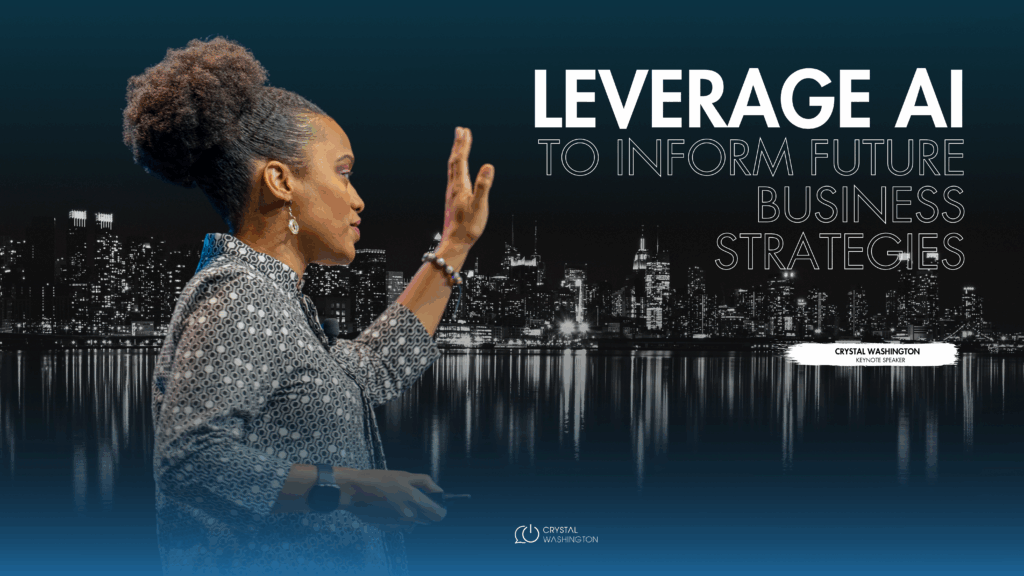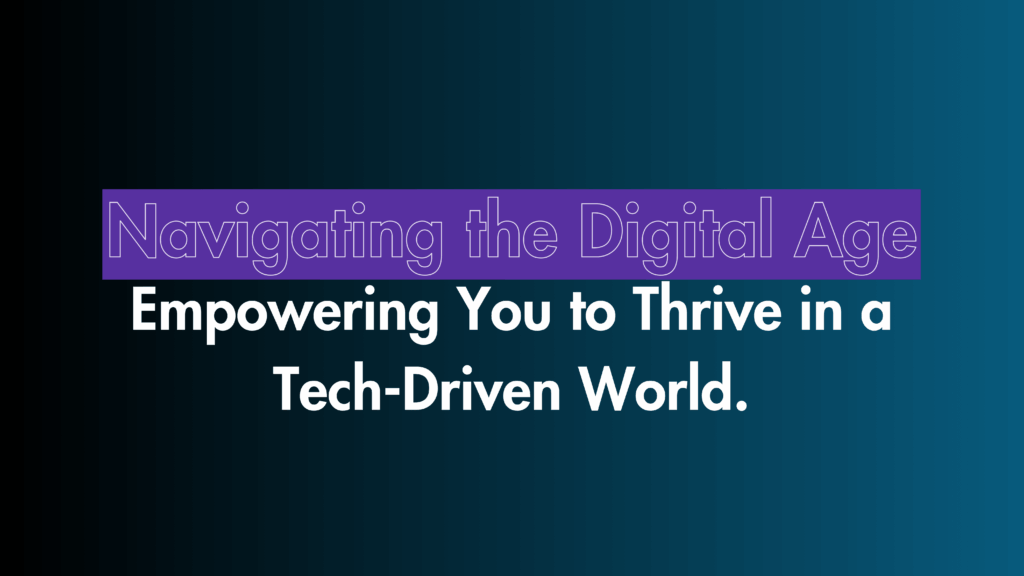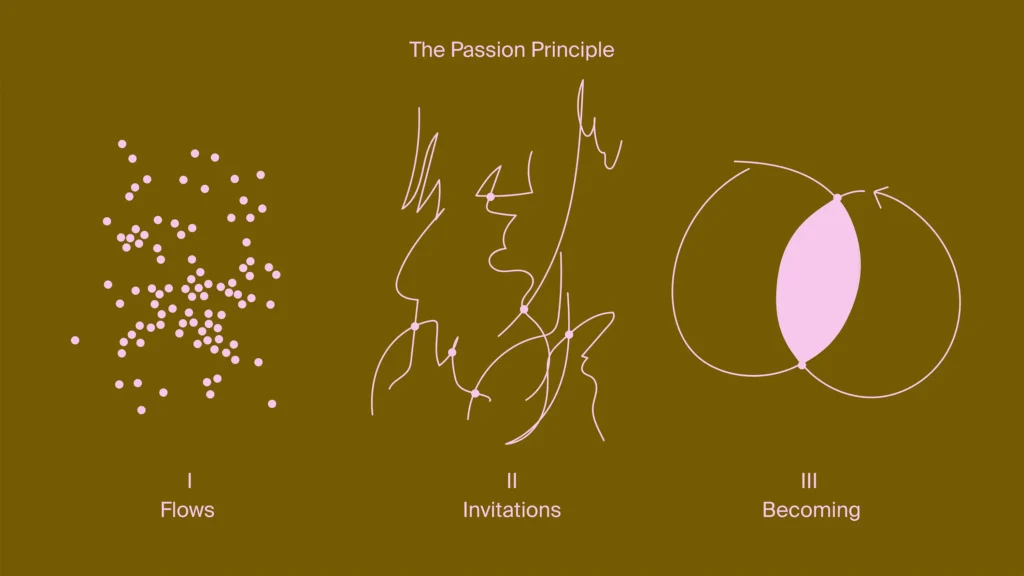“Crystal, what do you want to happen after you leave the stage?” The person asking the question was part of a client team that was considering me as the AI keynote speaker for their conference. They knew they had an open keynote slot, and their association members wanted more information on artificial intelligence. Yet, they wanted to hear how an AI keynote speaker can inspire change.
The Rate of Change Is Increasing Due to AI
The World Economic Forum shared in its article Top 10 tech trends that will shape the coming decade, according to McKinsey, that “We’ll experience more technological progress in the coming decade than we did in the preceding 100 years put together.” There is no doubt that artificial intelligence will be a significant factor in that shift. AI speakers have the ability, if not the responsibility, to translate technological advances into practical information for audience members. But that’s not where our job ends.
It’s Not Just About The Technology
One benefit of my being a futurist is that those of us who specialize in technology are not simply evaluating the utility of inventions. Still, we understand social change and consider human behavior. For instance, during the pandemic, companies and individuals rushed to buy digital “real estate” in the metaverse for thousands of dollars, as they bought into the hype that humans were going to start preferring online meetups and travel to real-world hugs and adventure.
I was very clear in sharing that, outside of gamers, most humans were not ready to trade in their coffee spots and passports for googles that cause VR motion sickness in a significant number of users. The best AI keynote speakers impact change by simplifying the technology, making it accessible, while equipping audience members with the confidence to make their own practical decisions.
Putting It All Together
So how did I answer the client’s question? I told her that when I leave the stage, I give audience members the confidence and tools to evaluate if a new AI tool has a practical application for them. Does it solve an already-identified problem? Does it improve internal or external customer service? Is it a fit with their culture and current systems?
Then, after knighting them as AI evaluators, I share just a few of the hundreds of AI tools, including what they do and how they work. I have them start to brainstorm how some of these tools or their functions can be leveraged to solve their current challenges. It’s incredible how AI can be used to solve problems around talent shortage, supply chain hiccups, and even strategic planning.
Lastly, I encourage them to try using the tools in their personal lives, if they are not already implementing them in their companies. I share simple and some more complex ways they can make LLMs (large language models) make their lives run more smoothly. Hearing about a piece of technology is one thing, but leveraging that technology in a low-risk environment to impact change is how we take audience members from learners to leaders. Let Crystal Washington guide you on that journey—because the future belongs to those who act on what they know.




